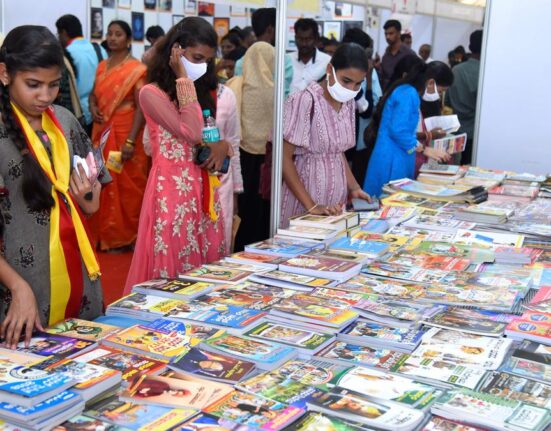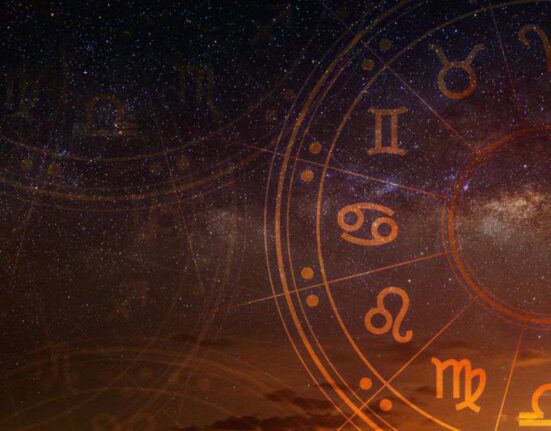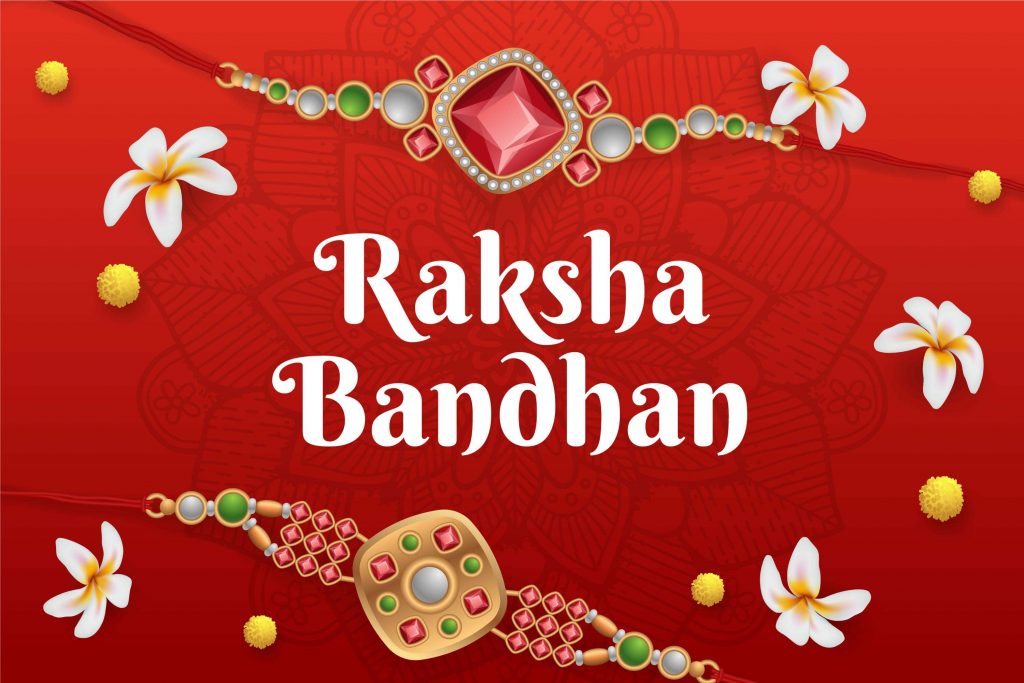Raksha Bandhan, a cherished Hindu festival, has deep historical roots that signify the enduring bond between siblings. With origins dating back thousands of years, this festival’s history is a testament to the values of love, protection, and unity.
The festival’s name itself is indicative of its essence. “Raksha” translates to protection, while “Bandhan” means bond. Historically, this occasion marked the expression of a sister’s love and concern for her brother’s safety, as he would vow to protect her in return.
Legend has it that in the ancient kingdom of Chittorgarh in India, Queen Karnavati sent a sacred thread to Emperor Humayun, seeking his assistance in safeguarding her kingdom against invaders. Touched by her gesture, Humayun rushed to her aid. This narrative illustrates the festival’s deep-rooted association with protection and solidarity.
Another tale harkens back to the Mahabharata epic. Lord Krishna’s relationship with Draupadi is often cited as an early example of the bond between a brother and sister. When Draupadi tore a piece of cloth from her saree to bandage Krishna’s finger, he vowed to protect her in times of distress. This incident exemplifies the timeless tradition of siblings’ unwavering support for one another.
Over the years, Raksha Bandhan has evolved beyond gender boundaries. It celebrates not only the bond between biological brothers and sisters but also between friends, cousins, and even adoptive siblings. This inclusivity showcases the festival’s adaptability and its ability to reflect changing societal dynamics.
In modern times, Raksha Bandhan continues to be a cherished occasion. With brands capitalizing on the holiday with emotive storytelling to lure siblings into buying their respective chocolates. Brand campaigns truly ride high when it comes to getting the most out of a cherished holiday.












